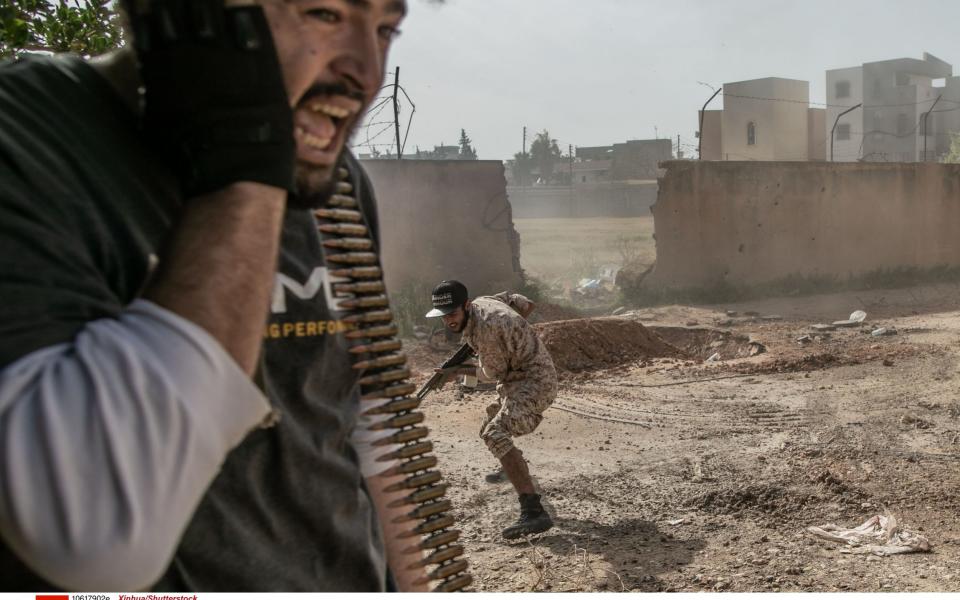EU warned Libya 'not safe for refugees' as it plans major reforms to migration policy

Human rights groups have urged the EU to halt cooperation with Libya on the migration crisis due to its “horrific abuse” of asylum seekers who are sent back to the war-torn North African country.
Libya has become a major hotspot for migrants and refugees seeking to make a perilous Mediterranean sea crossing to Europe, and its forces are being trained by Italian coastguards to intercept the boats, as part of a deal backed by the EU.
But Amnesty International, as well as the International Organisation for Migration, have warned that it is not safe for migrants and refugees to be returned to Libya.
"Instead of being protected, they are met with a catalogue of appalling human rights abuses," said Diana Eltahawy, deputy regional director for the Middle East and North Africa at Amnesty International.
"Even in 2020 the EU and its member states continue to implement policies trapping tens of thousands of men, women and children in a vicious cycle of abuse."
The intervention came as the EU proposed major reforms to its migration policy that would include an end to the quota system, where member states were expected to take in a proportion of those reaching Europe.

Instead, member states would be under no obligation to take any refugees - but those who did would receive a €10,000 (£9,100) reward for each adult they accept.
Member states would have to take charge of deporting those denied asylum and cover the costs.
The new policy could lead to a rise in the number of people being sent back to Libya, which has concerned human rights groups.
"The EU and its member states must completely reconsider their co-operation with Libyan authorities, making any further support conditional on immediate action to stop horrific abuses against refugees and migrants," Ms Eltahawy added.
Libya became a key migration route in the chaotic years that followed the 2011 Nato-backed uprising against the dictator Muammar Gaddafi.
Amnesty International has also published a report with detailed accounts of the unlawful killings of migrants and refugees in Libya, as well as torture, rape, arbitrary detention and forced labour.
"Driven by a desire to stop arrivals at all costs, EU states have offered their support to Libya... without conditioning it upon strict human rights guarantees," the report said.


